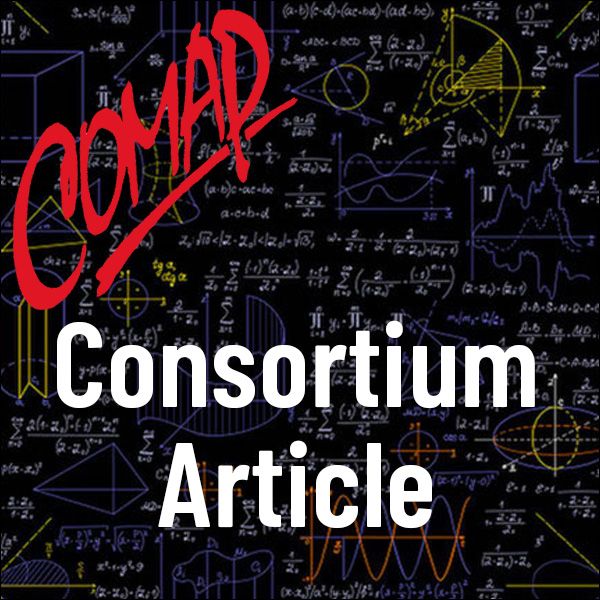Full Member Resources
Primary Level: High School
Transforming the Cube
Author: Jon Choate
This edition of Geometer's
Corner will focus on how
one can transform a Cube
or Hexahedron in a very
systematic way into a variety of
other cube related solids. We
will use GeoGebra 6 3D
Graphics to create the polyhedral,
and we will be use two
types of transformations both
known as truncations: Vertex
Truncation and Edge Truncation.
The cube is one of the Platonic
Solids, which are the only convex
polyhedra that are vertextransitive
(or isogonal), facetransitive
(or isohedral) and
edge-transitive (or isotoxal) at
the same time. This means that
each vertex, face, or edge can be
moved onto any other by a
symmetry operation. In what
follows, once we have created a
truncated face, we will use
rotations about the coordinate
axes to build each of these
polyhedra; The Truncated Cube,
the Cuboctahedron, the Truncated
Cuboctahedron and the
Rhombicuboctahedron. We will
make extensive use of Geo-
Gebra's Polygon Tool (Figure 1)
to plot polygonal faces, and we
will always start with Cube
ABCD and face ABCD (Figure 2).

©2020 by COMAP, Inc.
Consortium 119
4 pages
Mathematics Topics:
Geometry
Application Areas:
Geometry
You must have a Full Membership to download this resource.
If you're already a member, login here.
Not yet a member?
Browse More Resources
Search